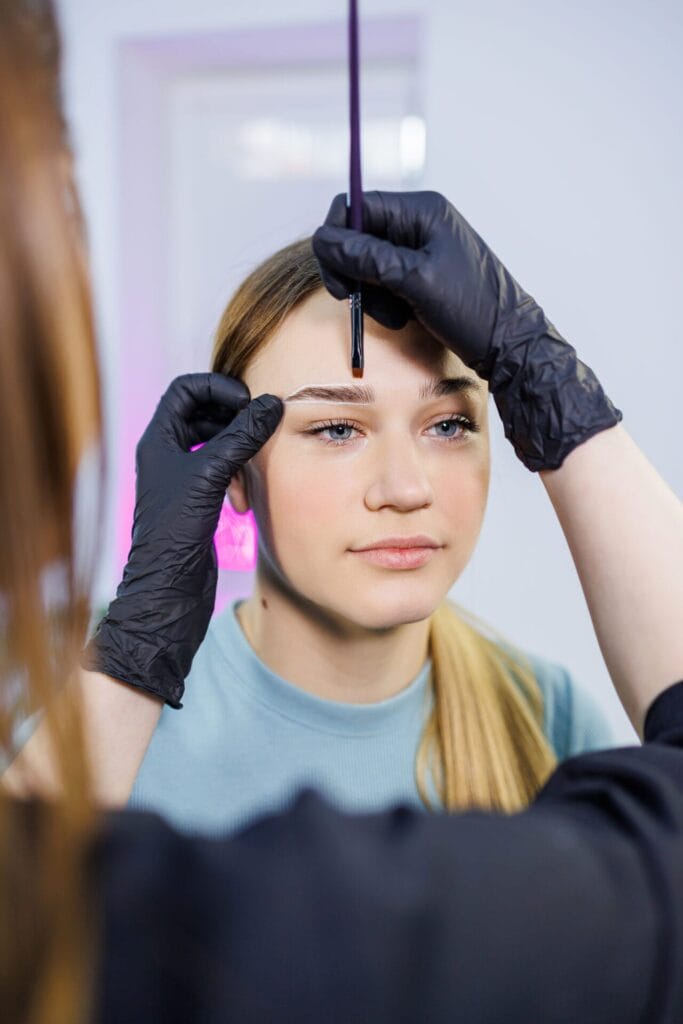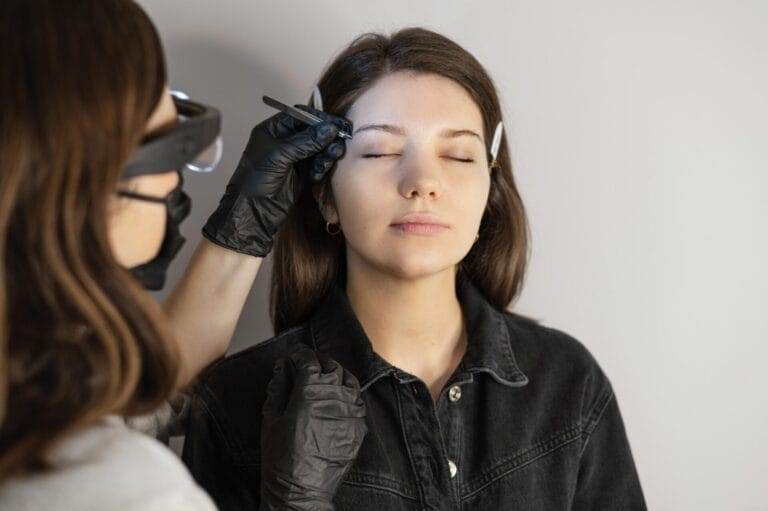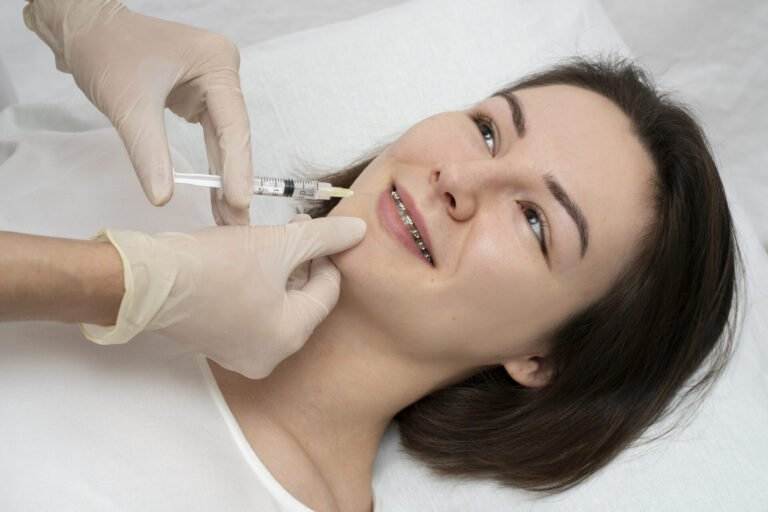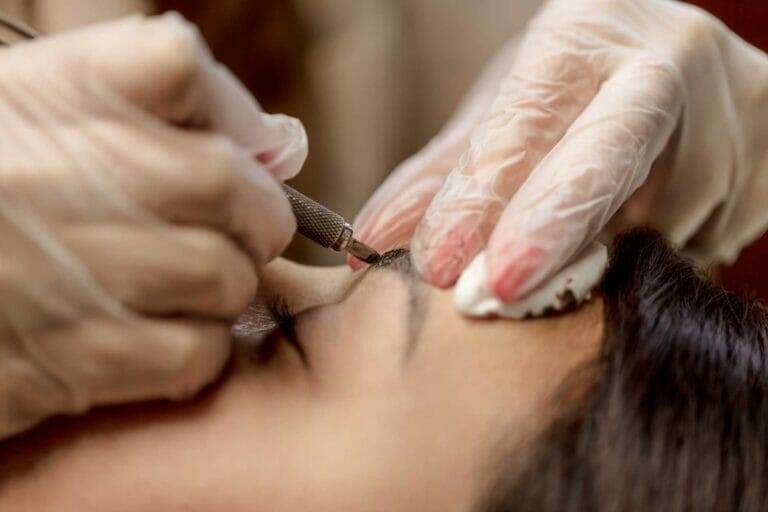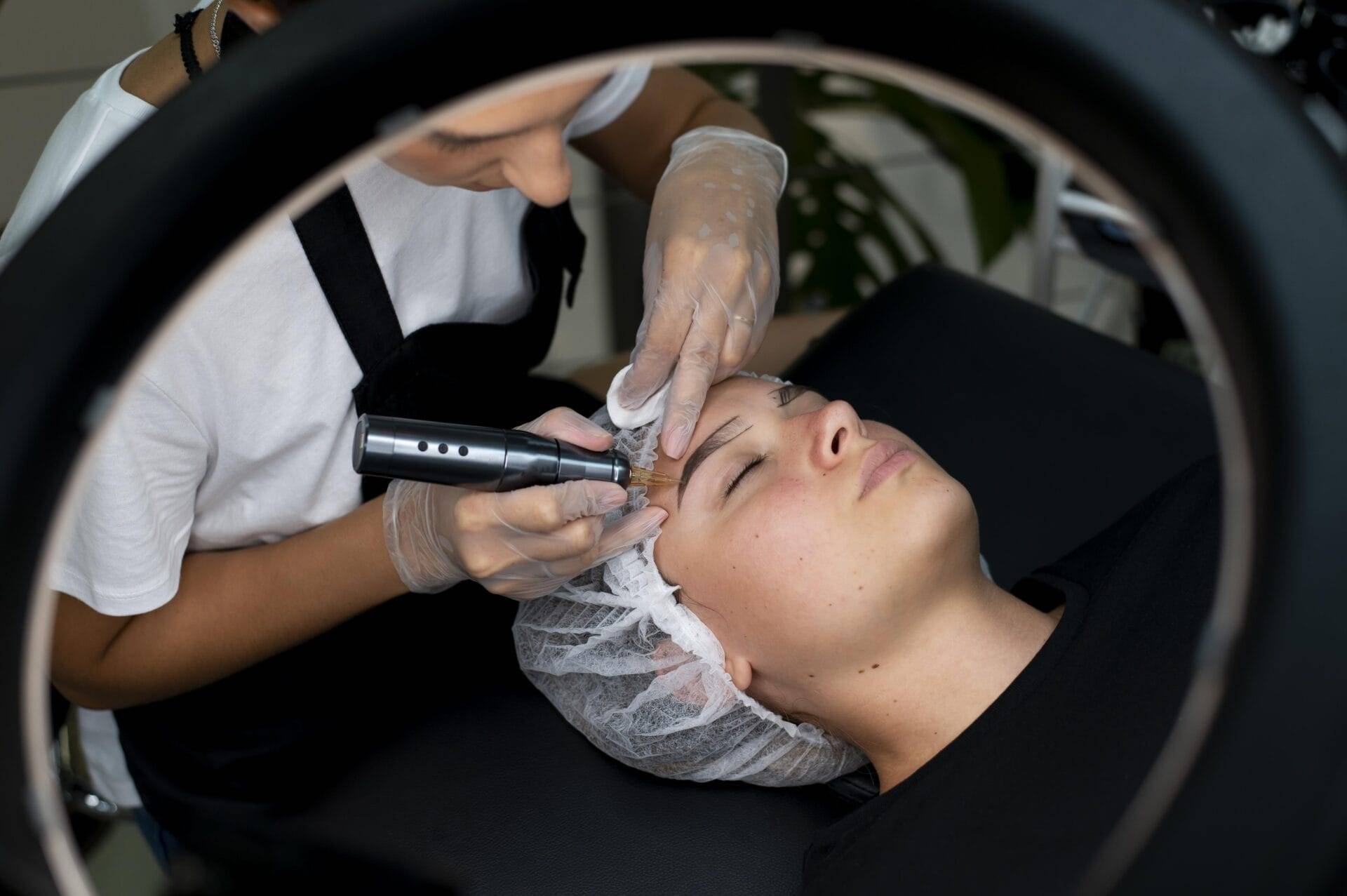Personalized skincare has become increasingly popular in recent years, and for good reason. Every individual has unique skin needs and concerns, and a one-size-fits-all approach to skincare simply doesn’t cut it. Understanding the importance of personalized beauty treatments is essential for achieving flawless skin.
When it comes to skincare, there is no one-size-fits-all solution. Each person has their own unique skin type, whether it be oily, dry, combination, or sensitive. Additionally, individuals may have specific concerns such as acne, aging, or hyperpigmentation. These factors greatly impact the skincare products and treatments that will be most effective for each individual.
The Science Behind Personalized Skincare
Personalized skincare works by taking into account an individual’s specific skin type, concerns, genetics, environment, and lifestyle. By understanding these factors, skincare professionals can tailor treatments and products to meet the unique needs of each person.
Genetics play a significant role in determining an individual’s skin type and concerns. Certain genes can predispose someone to have oily or dry skin, while others may make them more prone to acne or aging. Understanding these genetic factors can help professionals create personalized skincare regimens that address these specific concerns.
Environment and lifestyle also play a crucial role in determining skincare needs. Factors such as climate, pollution levels, and sun exposure can all impact the health and appearance of the skin. Additionally, lifestyle choices such as diet, stress levels, and sleep patterns can also affect the skin’s overall health.
The Benefits of Customized Beauty Treatments
There are several benefits to personalized beauty treatments. Firstly, customized skincare products are more effective because they are specifically formulated to address an individual’s unique needs. This means that the active ingredients in the products are targeted towards their specific concerns, resulting in better results.
Another benefit of personalized skincare is a reduced risk of adverse reactions. When using generic skincare products, individuals with sensitive skin may experience irritation or allergic reactions. By using products that are specifically formulated for their skin type, they can minimize the risk of these adverse reactions.
Furthermore, personalized beauty treatments can enhance overall skin health. By addressing specific concerns and using products that are tailored to an individual’s needs, they can improve the health and appearance of their skin. This can lead to a more radiant and youthful complexion.
How to Determine Your Skin Type and Needs
Determining your skin type is the first step in creating a personalized skincare routine. There are four main skin types: oily, dry, combination, and sensitive.
Oily skin is characterized by excess sebum production, which can lead to shine and acne breakouts. Dry skin lacks moisture and may feel tight or flaky. Combination skin is a mix of oily and dry areas, with the T-zone (forehead, nose, and chin) being oily and the cheeks being dry. Sensitive skin is easily irritated and may react to certain ingredients or environmental factors.
To identify your skin type, start by cleansing your face with a gentle cleanser and patting it dry. After 30 minutes, observe your skin. If it feels tight or looks flaky, you likely have dry skin. If there is shine on your forehead, nose, and chin, you likely have oily skin. If you have shine in the T-zone but dryness on the cheeks, you likely have combination skin. If your skin feels irritated or reacts easily to products, you likely have sensitive skin.
In addition to determining your skin type, it’s important to identify your specific concerns. This could be acne, aging, hyperpigmentation, or any other issue that you want to address with your skincare routine.
Common Skin Concerns and Their Corresponding Treatments
There are several common skin concerns that individuals may want to address with personalized beauty treatments. Here are some of the most common concerns and the corresponding treatments:
1. Acne: For acne-prone skin, treatments may include salicylic acid or benzoyl peroxide to unclog pores and reduce inflammation. Retinoids can also be effective in treating acne by promoting cell turnover and preventing clogged pores.
2. Aging: To address signs of aging such as fine lines and wrinkles, treatments may include products with ingredients like retinol, hyaluronic acid, and peptides. These ingredients can help improve skin elasticity, reduce the appearance of wrinkles, and promote collagen production.
3. Dryness: For dry skin, treatments may include moisturizers with ingredients like ceramides, hyaluronic acid, and shea butter to hydrate and nourish the skin. Additionally, using a gentle cleanser and avoiding harsh exfoliants can help prevent further dryness.
4. Hyperpigmentation: To address hyperpigmentation or dark spots, treatments may include products with ingredients like vitamin C, niacinamide, and kojic acid. These ingredients can help brighten the skin and fade dark spots over time.
The Role of Professional Estheticians in Personalized Skincare
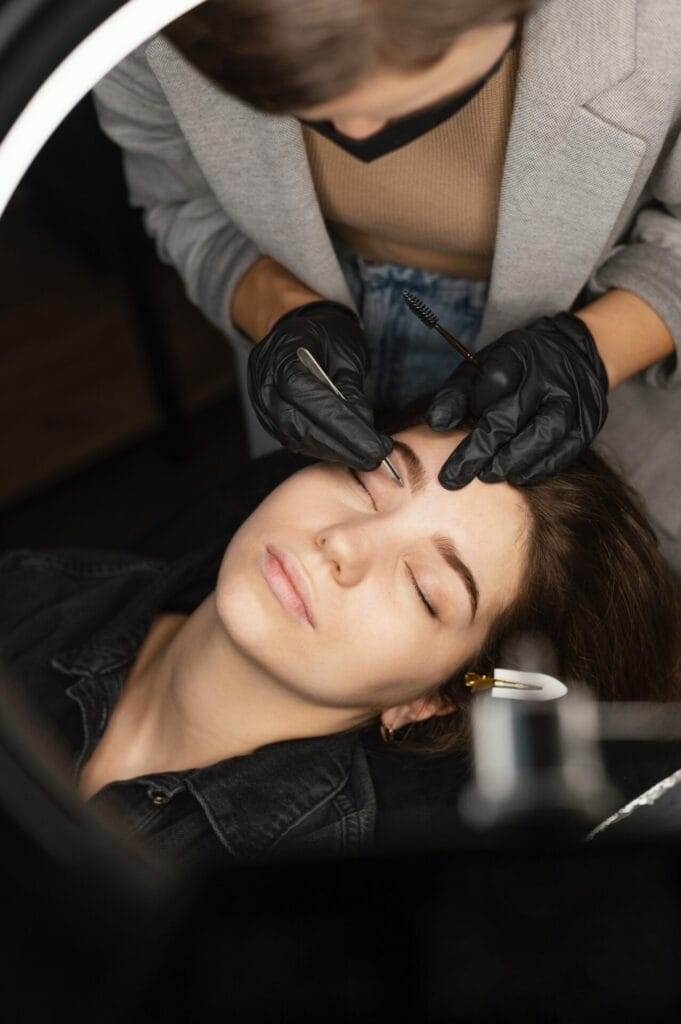
Consulting with a professional esthetician is highly beneficial when it comes to personalized skincare. Estheticians are trained professionals who specialize in skincare and can provide expert advice tailored to an individual’s specific needs.
Estheticians can help determine your skincare needs by analyzing your skin type, concerns, and goals. They have a deep understanding of different skin types and conditions, allowing them to recommend the most effective treatments and products for your unique needs.
Additionally, estheticians can perform professional treatments such as facials, chemical peels, and microdermabrasion that can greatly improve the health and appearance of your skin. These treatments are personalized to address your specific concerns and can provide more immediate results than at-home skincare routines alone.
DIY Skincare: Creating Your Own Customized Treatments at Home
While consulting with a professional esthetician is highly beneficial, there are also options for creating personalized skincare treatments at home. DIY skincare allows individuals to customize their products using natural ingredients that are suited to their specific needs.
There are several DIY skincare options available, including homemade masks, scrubs, and serums. For example, individuals with oily skin may benefit from a clay mask made with bentonite or kaolin clay to absorb excess oil. Those with dry skin may benefit from a moisturizing mask made with ingredients like honey, avocado, or yogurt.
When creating DIY skincare products, it’s important to research the ingredients and their benefits for your specific skin type and concerns. Additionally, it’s important to patch test any new ingredients or products on a small area of skin before applying them to your entire face to ensure that you don’t have any adverse reactions.
The Importance of Consistency in Personalized Skincare
Consistency is key when it comes to personalized skincare. Establishing a consistent skincare routine allows your skin to adapt to the products and treatments, leading to better results over time.
Consistency also allows you to track the progress of your skincare routine and make adjustments as needed. If you’re not seeing the desired results after a few weeks or months, you can consult with a professional esthetician or make changes to your routine based on your observations.
To maintain a consistent skincare routine, it’s important to establish a morning and evening routine that includes cleansing, toning, moisturizing, and protecting the skin from the sun. Additionally, it’s important to be patient and give your skincare routine time to work. Results may not be immediate, but with consistent use of the right products and treatments, you can achieve healthy, radiant skin.
The Role of Nutrition in Achieving Flawless Skin
Nutrition plays a significant role in achieving flawless skin. The foods we eat can impact the health and appearance of our skin, as well as our overall well-being.
Certain nutrients are particularly beneficial for the skin. For example, antioxidants like vitamins A, C, and E help protect the skin from damage caused by free radicals and promote collagen production. Foods rich in antioxidants include berries, leafy greens, and nuts.
Omega-3 fatty acids are also important for maintaining healthy skin. These healthy fats help keep the skin hydrated and reduce inflammation. Foods rich in omega-3 fatty acids include fatty fish, flaxseeds, and walnuts.
Additionally, staying hydrated by drinking plenty of water is essential for maintaining healthy skin. Water helps flush out toxins from the body and keeps the skin hydrated and plump.
The Impact of Lifestyle Choices on Skin Health
In addition to nutrition, lifestyle choices can greatly impact the health of our skin. Factors such as stress levels, sleep patterns, exercise, and smoking can all affect the appearance and condition of our skin.
High levels of stress can lead to increased inflammation in the body, which can manifest as acne breakouts or other skin issues. Finding healthy ways to manage stress, such as through exercise or meditation, can help improve the health of your skin.
Getting enough sleep is also crucial for maintaining healthy skin. During sleep, the body repairs and regenerates cells, including those in the skin. Lack of sleep can lead to dullness, dark circles, and an overall tired appearance.
Regular exercise is not only beneficial for overall health but also for the skin. Exercise increases blood flow to the skin, delivering oxygen and nutrients that promote a healthy complexion. Additionally, sweating during exercise helps to unclog pores and detoxify the skin.
Finally, smoking has a detrimental effect on the skin. Smoking narrows blood vessels and reduces blood flow to the skin, resulting in a dull complexion and increased signs of aging such as wrinkles and sagging.
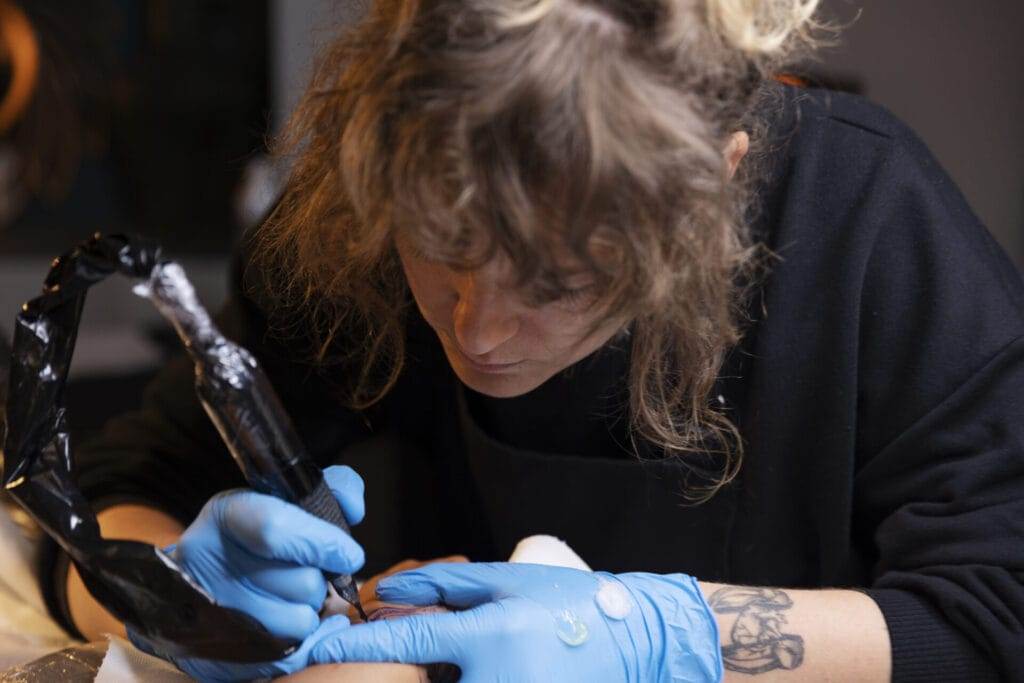
Embracing Personalized Beauty Treatments for Radiant, Healthy Skin
In conclusion, personalized beauty treatments are essential for achieving flawless skin. Understanding your unique skin type, concerns, genetics, environment, and lifestyle is key to creating a skincare routine that addresses your specific needs.
By embracing personalized skincare, you can improve the effectiveness of your skincare products, reduce the risk of adverse reactions, and enhance your overall skin health. Whether you consult with a professional esthetician or create your own DIY treatments at home, personalized skincare is the key to achieving radiant, healthy skin. So take the time to understand your skin’s needs and invest in the right products and treatments for you. Your skin will thank you for it.



